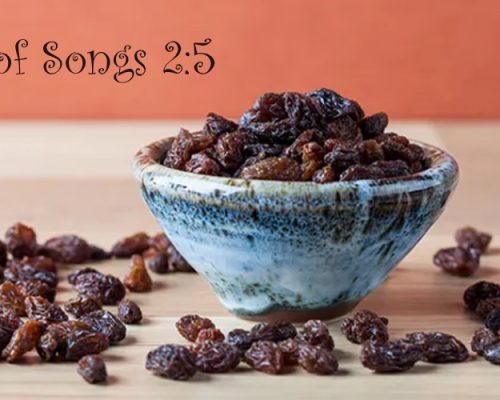When I remember back on various kind, insightful and helpful teachers in my village from kindergarten through my senior year of high school, there are several that I will especially never forget.
It think of Mrs. Morton–a third grade teacher but not my homeroom teacher–that when I was in 4th grade learning to crochet and had brought a blanket I was trying to make as a Christmas gift for my Daddy from scraps of yarn a neighbor gave me and I dropped stitches before school began, another teacher (whom I can’t recall) must have sent me with my little project down to Mrs. Morton’s room. I was told Mrs. Morton might help, and she did.
I had thought my blanket was ruined and would unravel, but I watched Mrs. Morton patiently find the mistake in a row and help mend it.
When my 33-year-old son was visiting Christmas Eve and watching TV–it was quite cold–he got up and found the little colorful afghan from where I keep it on my father’s chair, and took it to cover himself.
And I can never forget Ms. Karen Pennington and some conversations she had with me about my home life.
I could go on and on naming teachers, principals and guidance counselors who made a positive difference in my life and in the lives of other students. Only into the increasing adult years do I learn of some of the struggles my fellow classmates were facing in their homelife, and many I’m connected with now simply through social media.
We grew up in a time where the ideals of Mr. Rogers were implemented and celebrated. I believe he said along the lines of, “When you see scary things in the world, always look for those who are helping.” I can’t think of a single teacher I ever knew that I would say had some type of savior complex.
And in my young world, I particularly looked to teachers as those to be trusted, helpful and even mitigating situations my mother’s condition created in my troubled young life.
Today, however, in an increasing number of ways, it would appear that many teachers are the “scary things in the world”–only young child have no way to discern/think critically and remove the natural tendency to trust and to believe the adults around them, and consider their authority on matters.
After all, it is school.
And society is still perpetuating the myth that the primary reason for their attendance is to receive some type of useful (and quality) education.
I always like to pass on podcasts I find of interest, and I’m in the middle of this in-depth talk as I wash dishes and do other chores tonight.
My title was formed from three phrase used within the first 30 minutes (I have paused it to write introduction this before I’m too tired) which caught my attention. I tend to pick up on strong conceptual verbiage. The following talk focuses heavily on behavior of teachers and other aspects in the current trends of public education.
Thank You For Reading
Please Feel Free To Express Your Thoughts Below



